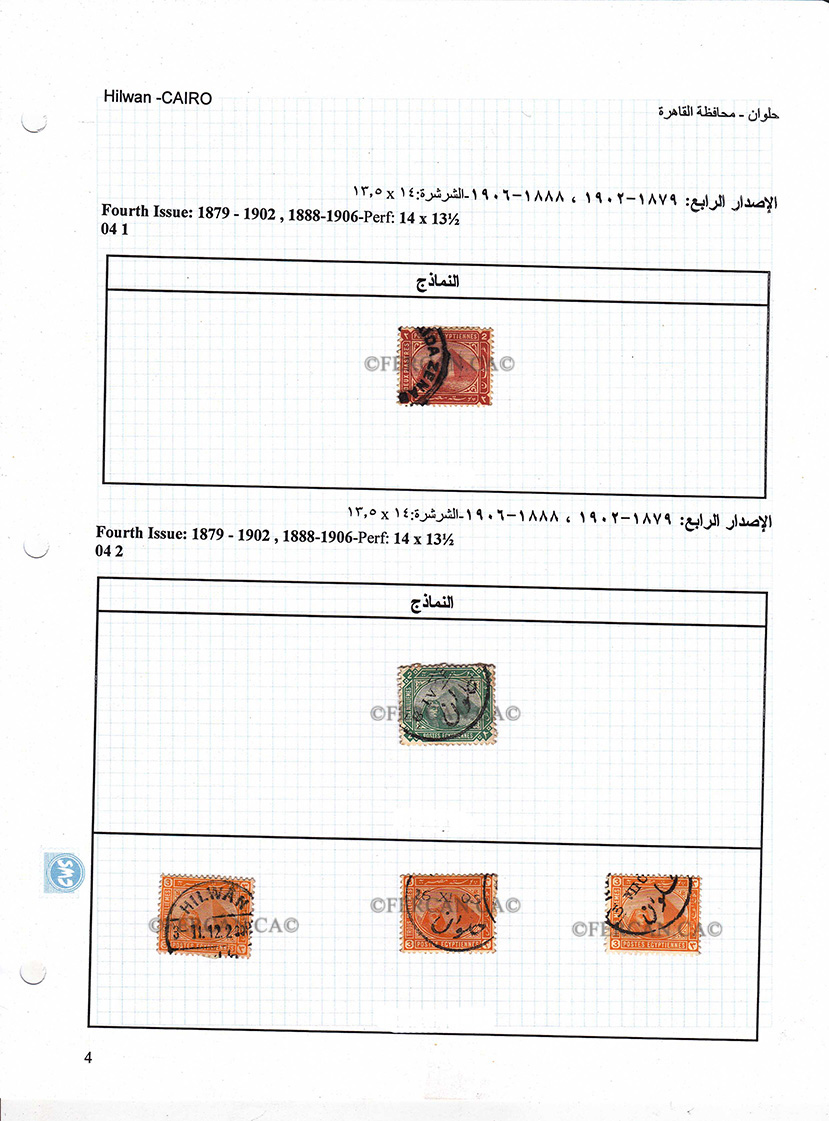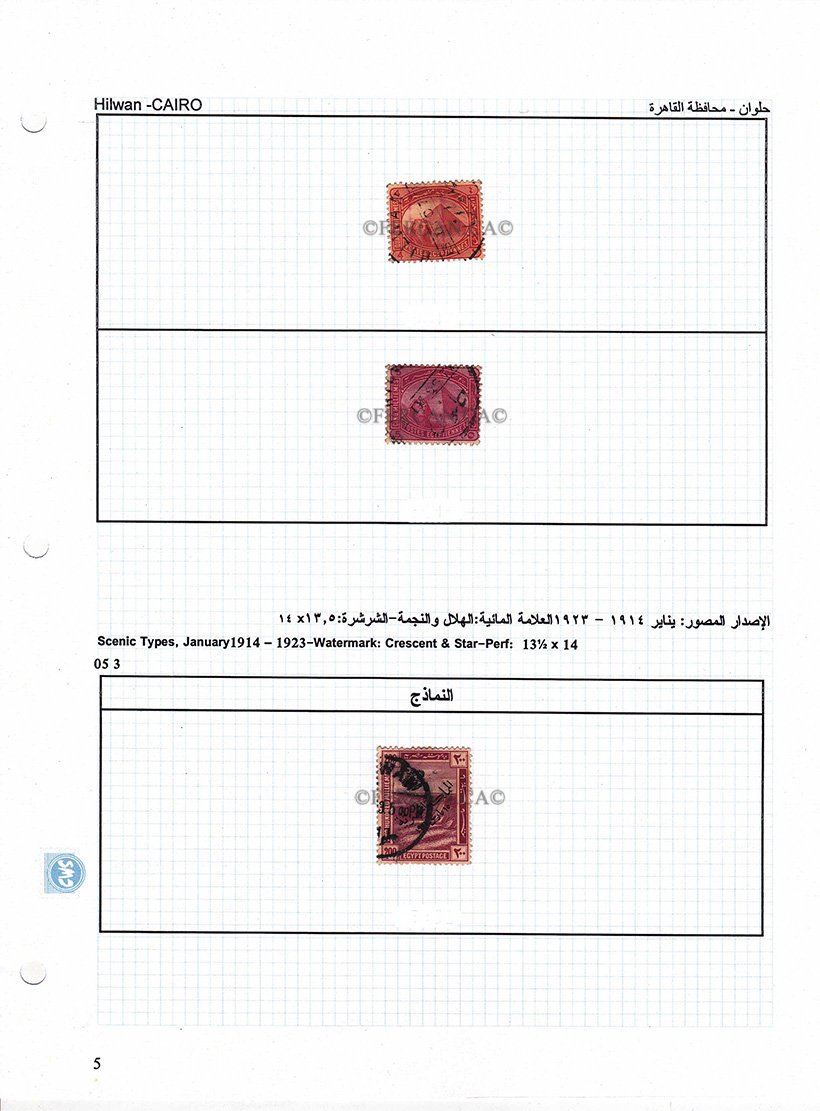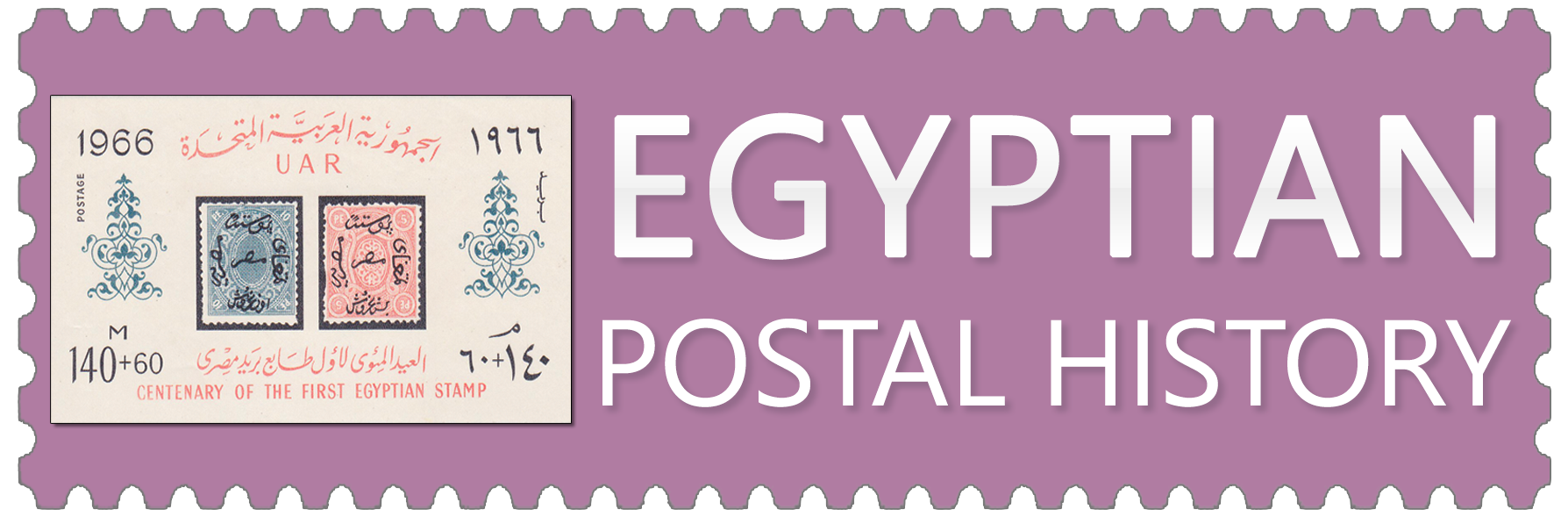Hilwan is one of the oldest cities in Egypt. It was originally a pharaonic city where the first water dam in history was located, in the region of Wadi Houf, but it gradually disintegrated over time until it was revived by Abdul-Aziz ibn Marwan, the Umayyad ruler of Egypt. He left Fustat, the capital, for the south after an epidemic had spread into the city. He admired Hilwan and took it as a temporary capital to govern Egypt. While in Hilwan, he constructed houses and palaces, and planted orchards until he died there. His son, Omar ibn Abdul-Aziz, was born in Hilwan.
Plans to establish the largest factories in Hilwan, at both Al-Masara and Tibin, were put in place at the beginning of Republican rule in the mid-1950s. However, these factories became the source of much air pollution. Hilwan city has escaped a lot of this pollution because it is a good distance from the factories. In the heart of Hilwan city are many large residential tower blocks. Recently Hilwan has become well-known as the largest industrial center in Greater Cairo. It's most famous industries include the manufacture of steel and cement, as well as military factories, the Nasr car factory, a cigarette factory at Al-Masara, and the Egyptian company for telephone equipment, Quick Tel.





